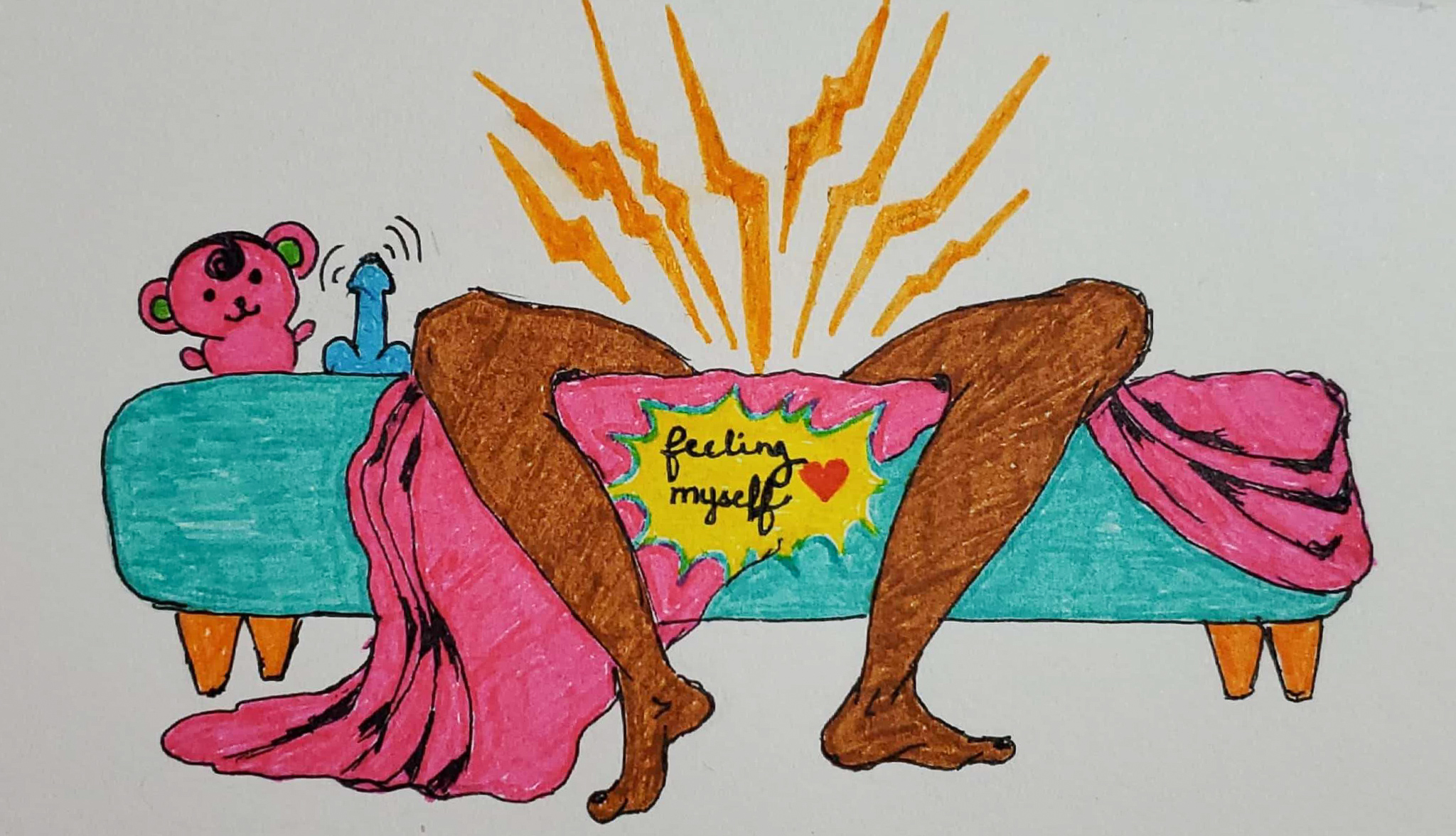If you read my column you will know that I like to write about masturbation in May, as May is Masturbation month. And this year I think we all deserve a little extra self-love. Not because we have been isolating or living alone or under more stress, but because it is our human right.
It is time we talk about sexual pleasure and masturbation openly, honestly, loudly and often. Sexual pleasure is everyone’s right, no matter who you are.
I understand some people are not comfortable feeling sexual pleasure, masturbating, or having this discussion. It is also your right to not engage in these activities or this conversation. My concern is that you feel this way because of guilt, shame, lack of education, miseducation, trauma, abuse or feelings of unworthiness.
We know that sexual pleasure has benefits—physical, mental and emotional. We know our bodies were created with the ability to feel sexual pleasure. It is now time for everyone to admit these very simple realities and allow everyone, in whatever way they are comfortable, to feel the sexual pleasure they deserve—whether that is alone or with others—without feeling distress, regret or betrayed by their bodies.
Some people may need advice, education, support and time to heal in order to do this—others may simply need permission. However, these negative emotions and consequences are preventable. Providing sex-positive, accurate and evidence-based pleasure education in schools and in the home would give young people the information and confidence they need to understand pleasurable feelings and the right they have to feel them.
Many young people are having sex—bad sex, painful sex—because no one has taught them that pain and discomfort are not normal. These same young people become adults who continue to feel pain and discomfort because they still have not received the valuable education about sexual pleasure. Why are we so scared to tell young people that sex can be fun, satisfying, exciting and yes, pleasurable? Why are we so quick to mention the negative consequences, like STIs, unplanned pregnancy or violence, when being truthful about the pleasurable aspects of sex could help prevent and draw attention to the unpleasurable?
When we educate people about consent, we teach that it is freely given, reversible, informed, enthusiastic and specific. But how can consent be informed and specific when we are withholding important information? We are not providing information about certain body parts such as the clitoris and prostate, or information about orgasms and desire, or information about vaginal lubrication and erections, or information about sexual response and pleasure.
We also do not promote masturbation, which is the easiest and safest way for a person to get to know their body and what feels good for them. If we talked about masturbation openly and honestly people could experience the benefits of masturbation from a young age instead of feeling it is something to hide and feel guilt and shame about.
The more someone ponders, talks and reads about a topic, the more comfortable they become with it. Therefore we all have a role to play in creating a society which is comfortable educating people about, discussing and feeling sexual pleasure. We all deserve pleasure.




Leave a Reply